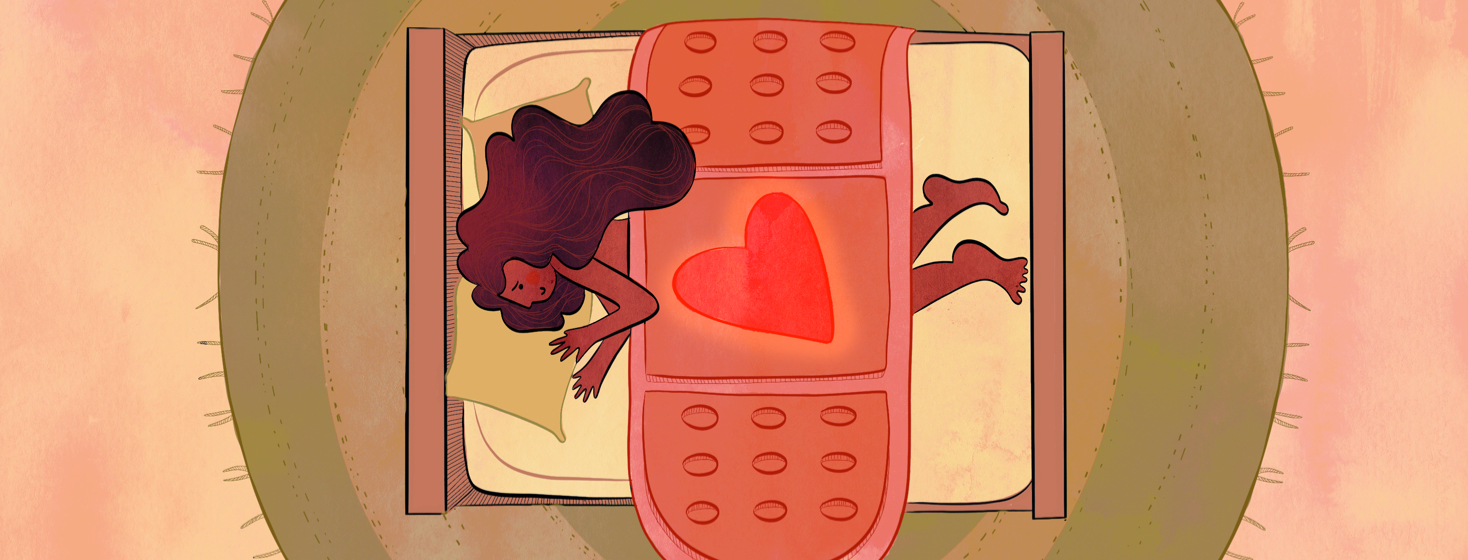Redefining the Balance of Rest and Productivity
We live in an age where people glorify productivity at an unhealthy volume. The “hustle” can’t stop and if you do, well, according to those who lead this kind of life, you don’t want it bad enough. For those of us who are ill, the mentality behind this lifestyle can be incredibly discouraging as we need plenty of rest to manage both our symptoms and our daily responsibilities.
Find your own definition of balance
I’ve found it personally difficult to try and find a natural rhythm with balancing rest and productivity. Many of my symptoms vary day-to-day and the unpredictability behind this can make it challenging to create some sort of routine. I’ve grasped onto the notion of balance so tight, putting so much pressure on myself to try and successfully achieve it, that when I don’t feel “balanced” and burn out it sends me into a state of depression. I think it’s less about trying to find balance and more about trying to identify our own individual potential on a day-to-day basis fabricated by how we are feeling that day and how much we believe we can tackle.
Resting is productive
First off I think it’s important to recognize that resting is in the same category as productivity as a chronically ill individual, which is something I am still learning to remind myself. Rest is essential when our bodies are constantly fighting and working hard to keep our heads above the water. Sleeping in until noon may seem “lazy” to those who are healthy, but to us, it may just be the thing that gives us that push toward finishing a day of chores or writing that essay for school.
Spread out tasks into smaller chunks to work toward every day
A habit that I’ve just recently picked up is chunked into two parts: writing down a “task list” at the beginning of the week and then every morning looking at that list and feeling out what I believe I can accomplish that day. I’m sure many of you have heard of the spoon theory. Well, some days I only have two spoons to give whereas other days I might have four or five. That unpredictability makes it difficult to know for certain what we can accomplish on what day. If you chunk out the big tasks into smaller, manageable action items, it may save you an extra spoon.
On your busiest days, take frequent breaks
When I’m running behind on things due to flare-ups and I suddenly have a day where there is a huge amount on my plate, I find the best way to cope is by taking frequent breaks. Small, consistent breaks, at least in my own personal experience, have been really beneficial in assuring to some degree that I can accomplish something. Rather than putting pressure on myself to complete something in one sitting, I try my best to remind myself that these breaks are an important tool in helping me not only survive the day but succeed to the best of my ability.
How have you redefined balance and rest in your life?

Join the conversation